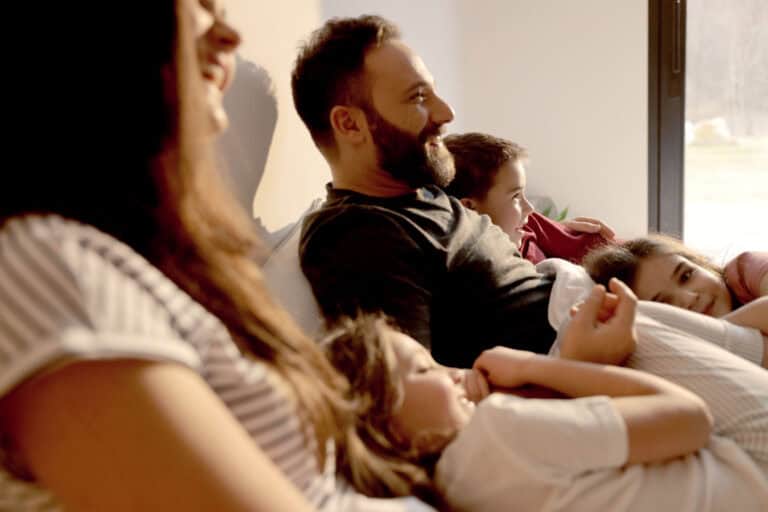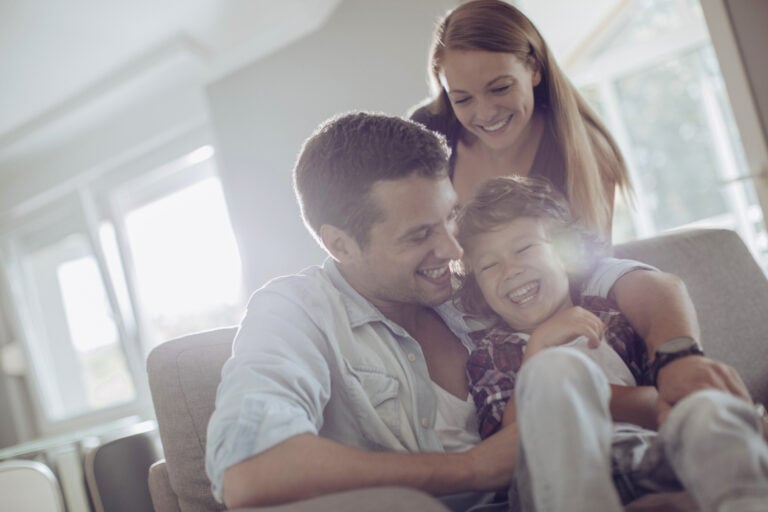
![]() Fatherhood is a universal experience that transcends borders. Yet, it is practiced and celebrated in myriad ways across the globe. The role of a dad is as diverse as the world’s cultures, shaped by traditions, societal norms, and individual beliefs. Understanding these diverse perspectives on being a dad can enrich our appreciation of fatherhood and highlight the universal aspects that unite fathers everywhere.
Fatherhood is a universal experience that transcends borders. Yet, it is practiced and celebrated in myriad ways across the globe. The role of a dad is as diverse as the world’s cultures, shaped by traditions, societal norms, and individual beliefs. Understanding these diverse perspectives on being a dad can enrich our appreciation of fatherhood and highlight the universal aspects that unite fathers everywhere.

In many Western societies, the traditional role of the father as the primary breadwinner has evolved. Today, dads in countries like the United States, Canada, and parts of Europe are increasingly involved in hands-on parenting, sharing responsibilities that were once considered the domain of mothers. This shift reflects broader changes in societal attitudes towards gender roles and parenting. Western dads today often prioritize being present in their children’s lives, valuing quality time and emotional support as much as providing financial stability.
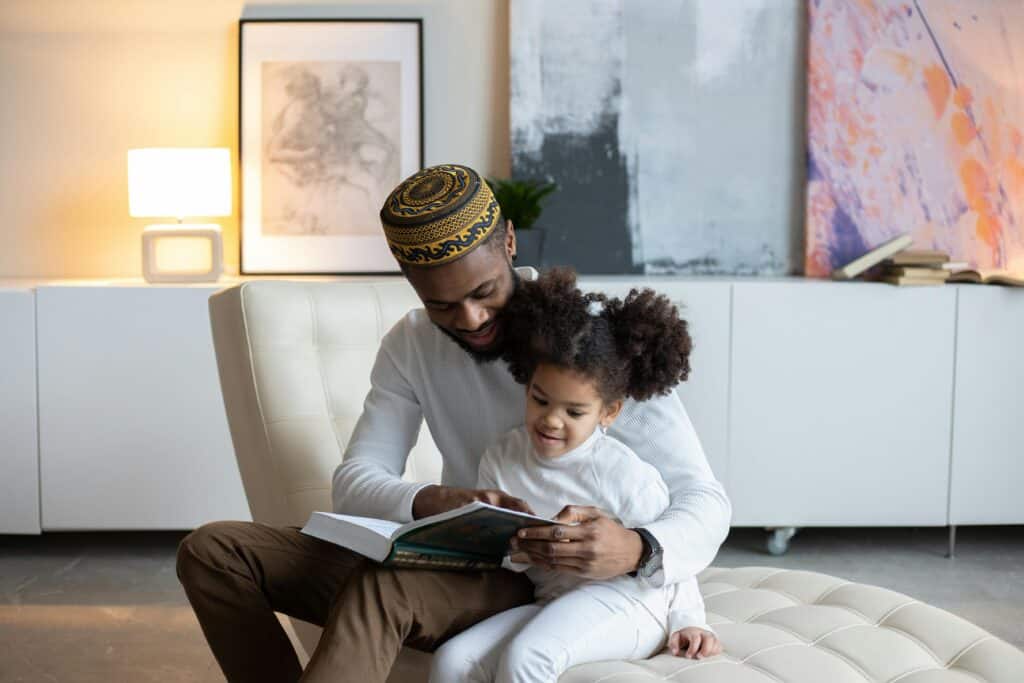
In many African cultures, fatherhood extends beyond the nuclear family to encompass the wider community. The proverb “It takes a village to raise a child” encapsulates this approach, where parenting is a collective responsibility. Fathers, along with uncles and grandfathers, play a crucial role in mentoring and teaching children about their heritage, values, and social responsibilities. In this context, fatherhood is not just about providing for one’s own children but contributing to the upbringing of the next generation within the community.

In countries like China, Japan, and Korea, Confucian values heavily influence the concept of fatherhood. Respect, discipline, and filial piety are central, with fathers often embodying the role of the strict disciplinarian. However, this traditional view is gradually changing, with modern Asian dads becoming more engaged in nurturing and emotionally supporting their children. Despite these changes, the emphasis on education, respect for elders, and family honor continues to shape father-child relationships in many Asian cultures.
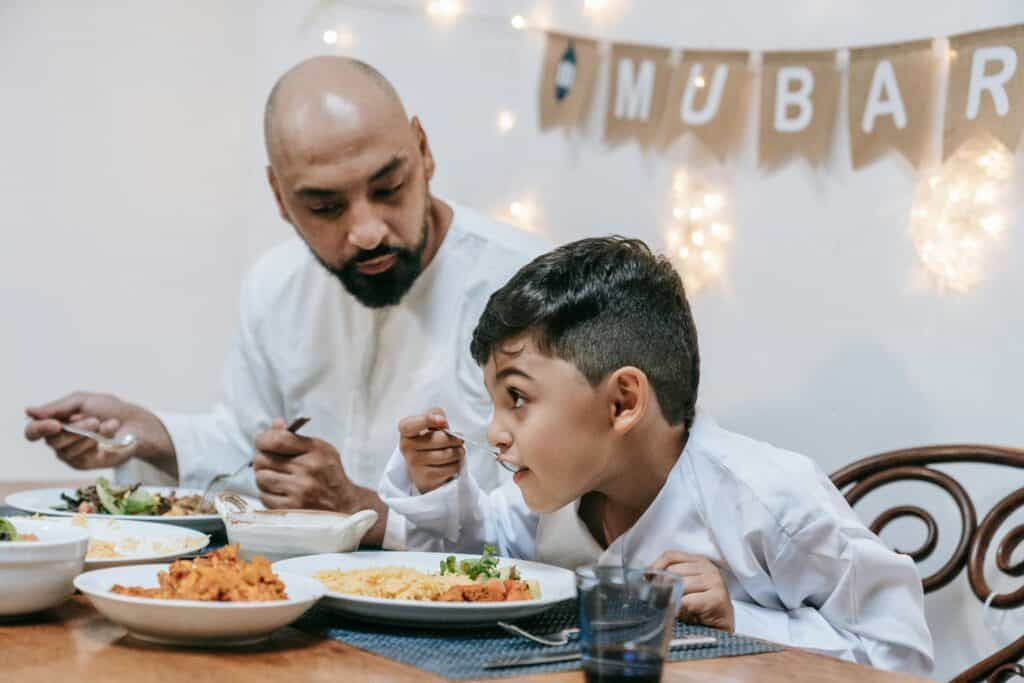
In Middle Eastern and Islamic cultures, fathers are typically seen as protectors and providers for their families. The role of a dad is deeply intertwined with religious teachings, emphasizing the moral and spiritual upbringing of children. Fathers are expected to guide their children in matters of faith and to model the values of honesty, integrity, and generosity. The paternal bond is cherished, with a strong emphasis on respect and reverence for parents.
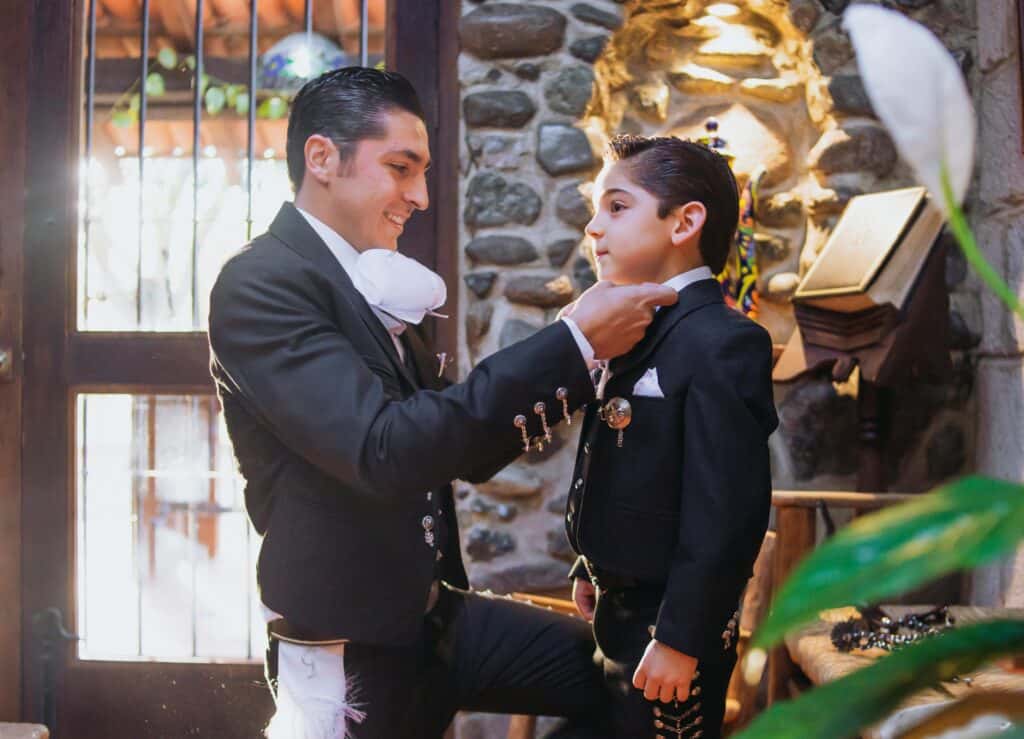
In Latin American cultures, the concept of “machismo” has traditionally painted fathers as the undisputed heads of their families, embodying strength and authority. However, this stereotype is balanced by a deep sense of warmth, affection, and familial solidarity. Latin American dads are often involved in their children’s lives, showing physical affection openly and taking pride in their role as a protector and mentor. The family unit is central, with extended family gatherings reinforcing the bonds between fathers, children, and relatives.
Despite the cultural nuances, the essence of fatherhood is remarkably similar worldwide: a deep-seated desire to nurture, teach, and protect one’s children. Fathers, regardless of their cultural background, share the universal experience of loving and worrying about their offspring, celebrating their achievements, and guiding them through life’s challenges. This exploration of fatherhood across cultures reveals not only the diversity of paternal roles but also the common threads that connect dads around the globe.
FREQUENTLY ASKED QUESTIONS
Fatherhood has evolved significantly, influenced by cultural, societal, and economic factors. Traditionally, fatherhood roles varied widely, from being primarily providers to more involved caregivers and nurturers in modern times.
Cultural views on fatherhood vary globally. In some cultures, fathers are seen as authority figures responsible for discipline and financial support, while in others, they play a more nurturing role in child-rearing and emotional support.
Cultural norms shape expectations around fatherhood, affecting parenting styles, involvement in childcare, family dynamics, and gender roles. These norms can influence how fathers bond with their children and participate in household responsibilities.
Globalization has led to the exchange of ideas and values, influencing perceptions of fatherhood. Western notions of involved fatherhood, gender equality, and shared parenting responsibilities have gained traction in many cultures.
Traditional fatherhood practices vary widely. In some cultures, fathers are the primary breadwinners and hold authority over family decisions, while in others, communal parenting and extended family support are common.
Cultural beliefs about masculinity often dictate expectations around fatherhood roles, emphasizing traits like strength, stoicism, and provider status. However, evolving gender norms challenge these stereotypes, encouraging more emotionally expressive and involved fathering.
Cultural rituals and traditions surrounding fatherhood often mark significant life events such as childbirth, coming-of-age ceremonies, and religious celebrations. These rituals reinforce cultural values, strengthen family bonds, and honor paternal roles.
Socioeconomic factors such as education, income level, employment opportunities, and access to resources significantly influence fatherhood experiences. Economic disparities can affect fathers’ ability to provide for their families and participate in caregiving.
Balancing work and family life is a common challenge for fathers worldwide. Cultural expectations, workplace policies, and societal norms may hinder fathers’ ability to be actively involved in childcare and household duties while fulfilling work responsibilities.
Understanding cultural views on fatherhood fosters empathy, appreciation, and respect for diverse parenting practices. Recognizing the value of different fathering styles promotes inclusivity, supports positive father-child relationships, and strengthens communities globally.

